Marcos' Grip on Senate Weakens as Duterte Wins Mayoral Race from Detention
A fierce rivalry between two of the Philippines’ most powerful political dynasties has reshaped the mid-term elections, undermining President Marcos Jr's control of the Senate while the Duterte camp secures surprising victories — including one from a jail cell.The Philippine mid-term elections have delivered unexpected blows to President Ferdinand "Bongbong" Marcos Jr, exposing vulnerabilities in his Senate support, while strengthening the political comeback of his chief rival, Rodrigo Duterte.
With 80% of votes tallied, only six out of the 12 Senate seats up for grabs appear to have gone to candidates aligned with Marcos Jr — fewer than anticipated. One of these six, notably, was also backed by the Duterte camp, suggesting divided loyalties within the president’s ranks.
In a dramatic twist, former president Rodrigo Duterte, currently detained in The Hague for alleged human rights violations during his brutal anti-drug campaign, has been elected mayor of Davao City, the family’s long-held stronghold. His son Sebastian Duterte, the sitting mayor, won the vice-mayor post, ensuring that family control over the city remains intact. Another son, Paolo Duterte, retained his seat in Congress, while several of Duterte’s grandchildren secured local posts.
Duterte’s election win from jail is a stark reminder of his enduring popularity in the southern Philippines, where his tough rhetoric and controversial legacy continue to resonate. Despite his arrest two months ago — orchestrated under the authority of Marcos Jr — Duterte’s name remained on the ballot, as he has not been convicted of any crime.
Meanwhile, Vice President Sara Duterte, the former president's daughter and once a close ally of Marcos Jr, is now on the brink of impeachment. The Senate, which will serve as the jury in her trial, could be crucial in determining her political future. She has labeled the impeachment proceedings a form of "political persecution," and the election results may complicate efforts to remove her. Senators often vote according to their personal ambitions and shifting alliances, and it remains unclear how many Marcos allies will support the trial.
Adding to the electoral surprises, two opposition figures not aligned with either the Marcos or Duterte camps appear to have won Senate seats. Among them is Bam Aquino — cousin of the late President Benigno "Noynoy" Aquino III — who secured second place in the rankings. His victory, along with that of his ally Francis Pangilinan, marks the first significant return of the Aquino political lineage in years. The Aquino family, long-time adversaries of the Marcoses, had been largely sidelined in recent national politics.
In the senatorial race, the top spot was claimed by Duterte’s longtime aide Christopher “Bong” Go, while former national police chief Ronald “Bato” dela Rosa — another Duterte loyalist — came in third. Marcos-endorsed broadcaster Erwin Tulfo was the only administration-backed candidate to place in the top five.
The results highlight a deepening division within the ruling coalition. Imee Marcos, the president’s sister and a current senator, recently defected from her brother’s camp and aligned with the Dutertes — further weakening the administration’s unity.
Monday’s election, covering over 18,000 positions from local to national levels, effectively became a proxy war between Marcos Jr and the Dutertes, whose alliance collapsed after Rodrigo Duterte’s arrest and Sara Duterte’s impeachment.
Though largely peaceful, the election day was marked by high voter turnout under sweltering 33°C (91°F) heat, reports of malfunctioning vote-counting machines, and scattered incidents of violence. The campaign season once again played out like a theatrical spectacle, blending celebrity endorsements, dance performances, and dramatic rallies — hallmarks of Philippine political culture.
While Marcos Jr may retain the presidency, the outcome of this election underscores a political landscape in flux. The Dutertes have proven they remain a formidable force, and the resurgence of the Aquino camp signals a renewed appetite among voters for alternatives to the country’s dominant dynasties.

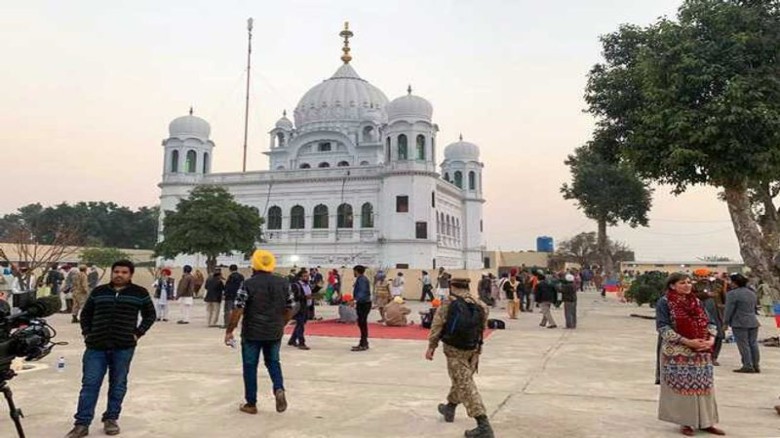


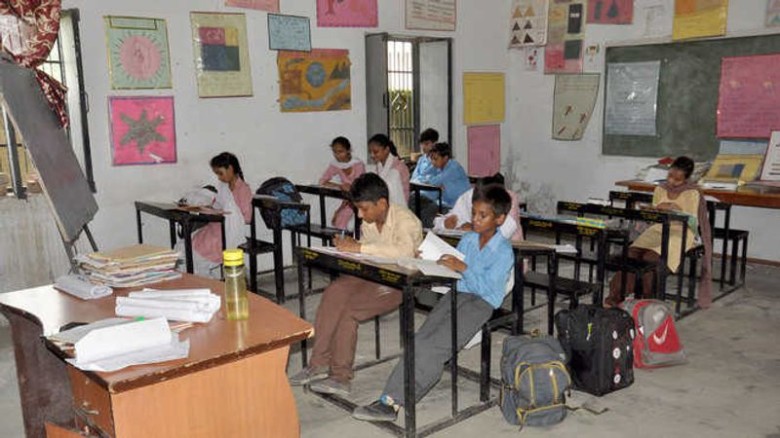







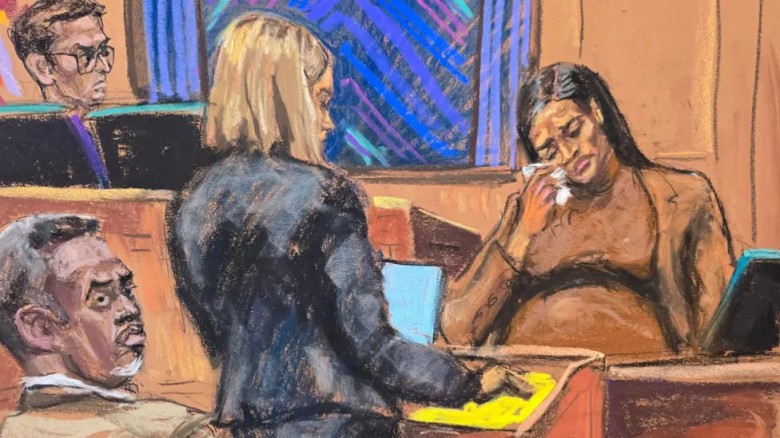















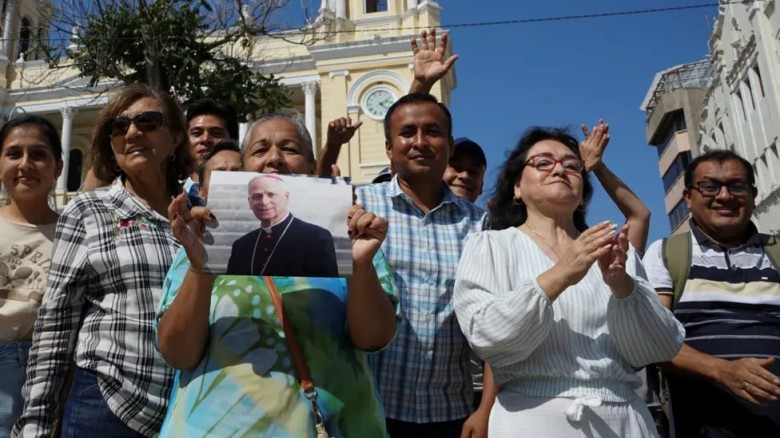









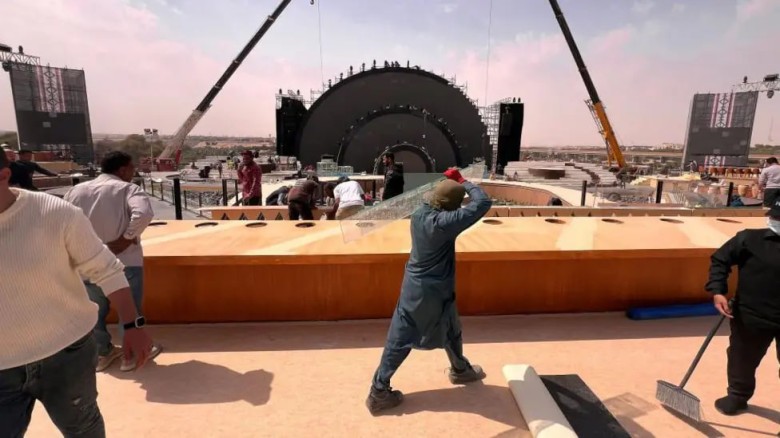

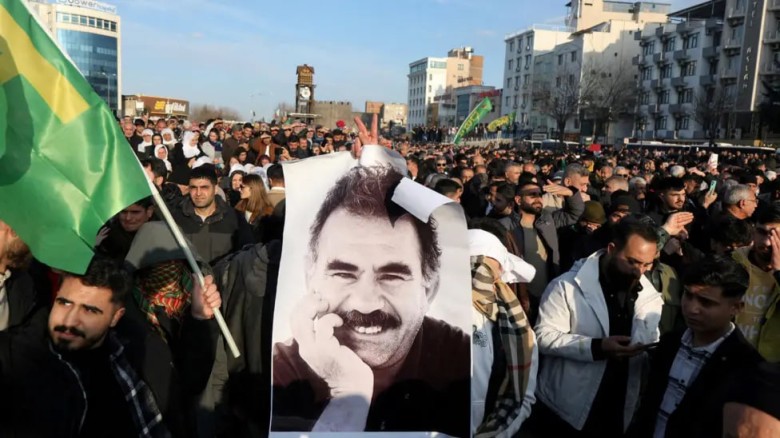









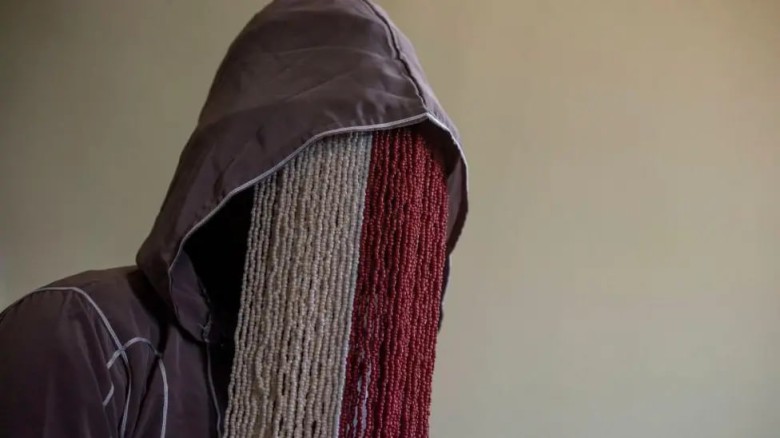



















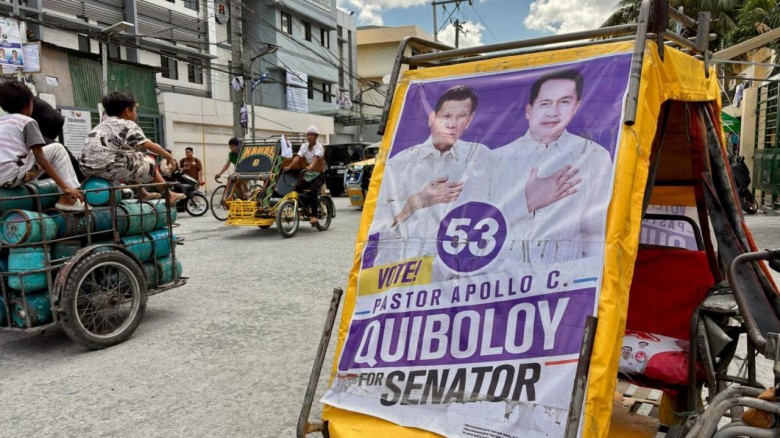


Leave A Comment